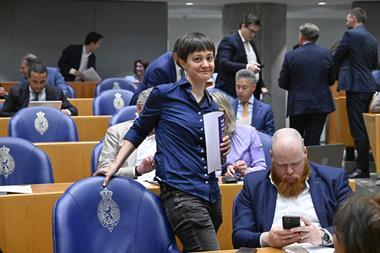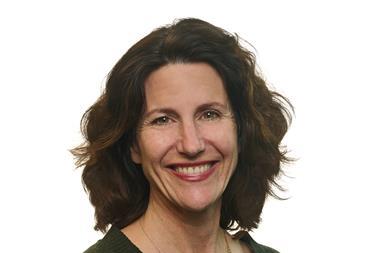Funding levels in the UK defined benefit (DB) pensions sector have hit a record high, according to the Department for Work and Pensions, with £160bn (€190bn) ready to boost growth ahead of the government relaxing rules on surplus extraction.
In 2019, just 600 DB schemes were financed sufficiently, meaning businesses could meet the costs associated with their pension funds without dipping into operational budgets; by 2024 that figure had tripled to over 1,800, the DWP said.
As a result, the additional payments businesses have had to pay to plug pension deficits had fallen from £16bn in 2010 to under £5bn in 2024, delivering an immediate cashflow benefit to firms.
The funding position of pension funds in deficit has also improved significantly, from a collective deficit of £500bn in 2019 to a deficit of just £140bn in 2024. Schemes running at a surplus have seen their collective surplus now rise to more than £160bn.
However, currently, schemes cannot access their surplus. The government plans to address this in the upcoming Pension Schemes Bill by allowing pension trustees and sponsoring employers to safely release some surplus to invest back into their businesses and unlock more money for pension scheme members.
The upcoming changes are expected to focus on member protection, and trustees will continue to be required to fulfil their duties towards scheme beneficiaries.
The DWP has run a public consultation on how pension fund surpluses should be treated and is expected to publish a full response to the consultation in the coming weeks.

Minister for pensions Torsten Bell said: “The record funding levels for defined benefit pension schemes is excellent news for Britain’s employers and workers.
“Fast falling deficit payments offer employers a cashflow boost of over £10bn a year that can support higher wages and investment.”
He added: “And growing scheme surpluses can also be used productively. Currently, some trustees are held back from sharing the benefits of a surplus, but our plans will allow all schemes to safely do so, delivering greater investment across firms and benefits for savers.”
Brightwell chief executive officer Morten Nilsson said that UK businesses have had “full responsibility” for the downside of their DB pension schemes but very limited access to the upside.
“Making it easier for surplus to be returned to sponsors as part of the upcoming Pension Schemes Bill will be welcome, provided the right checks and balances are in place to protect members,” he noted.
Read the digital edition of IPE’s latest magazine
























No comments yet